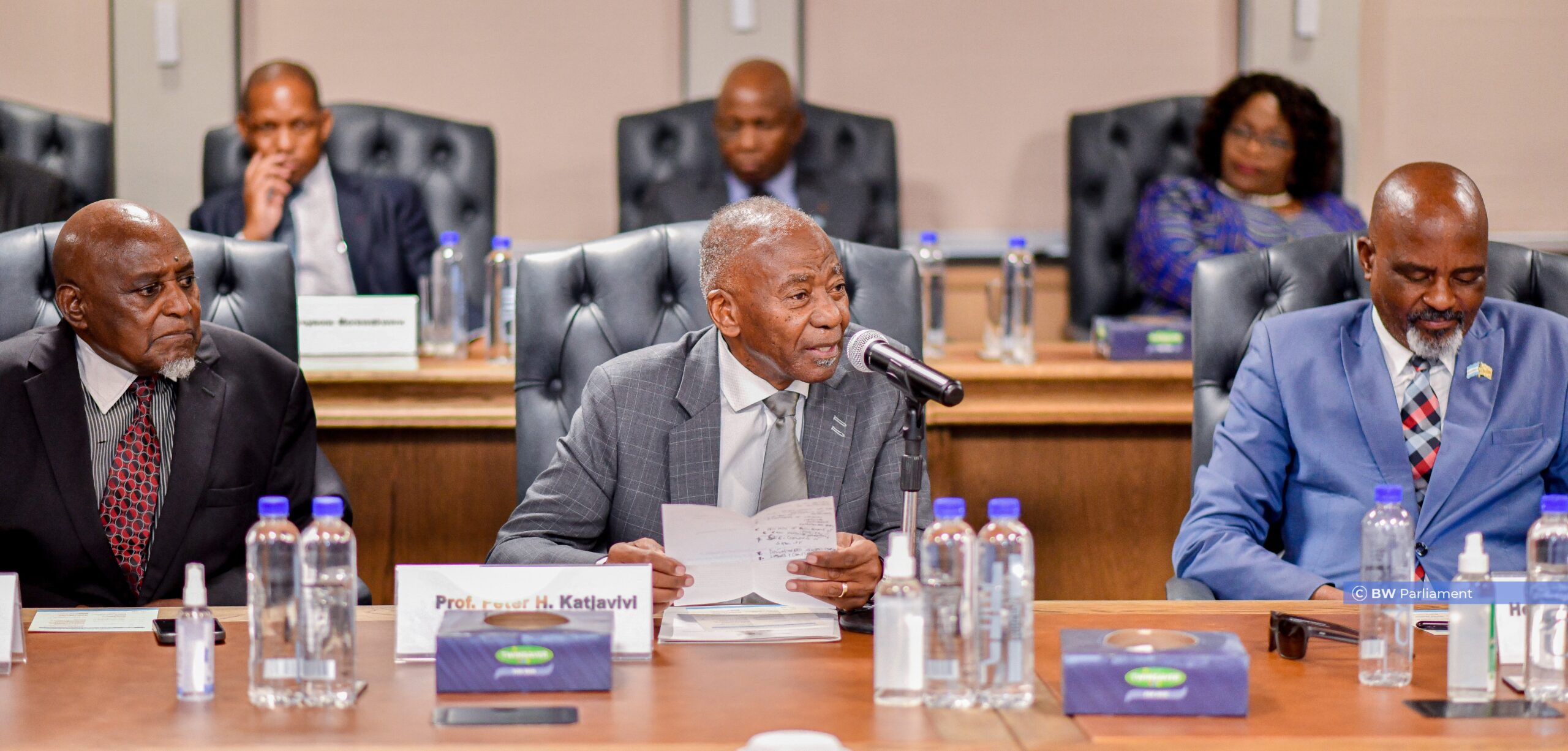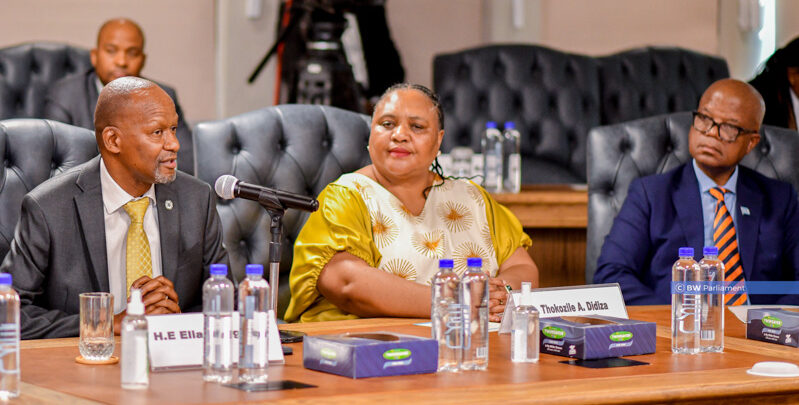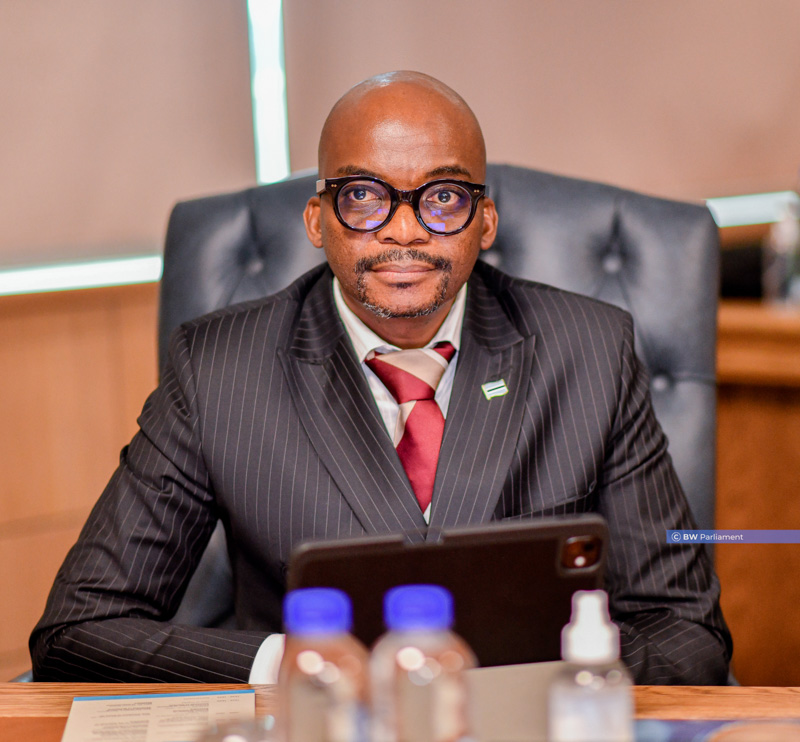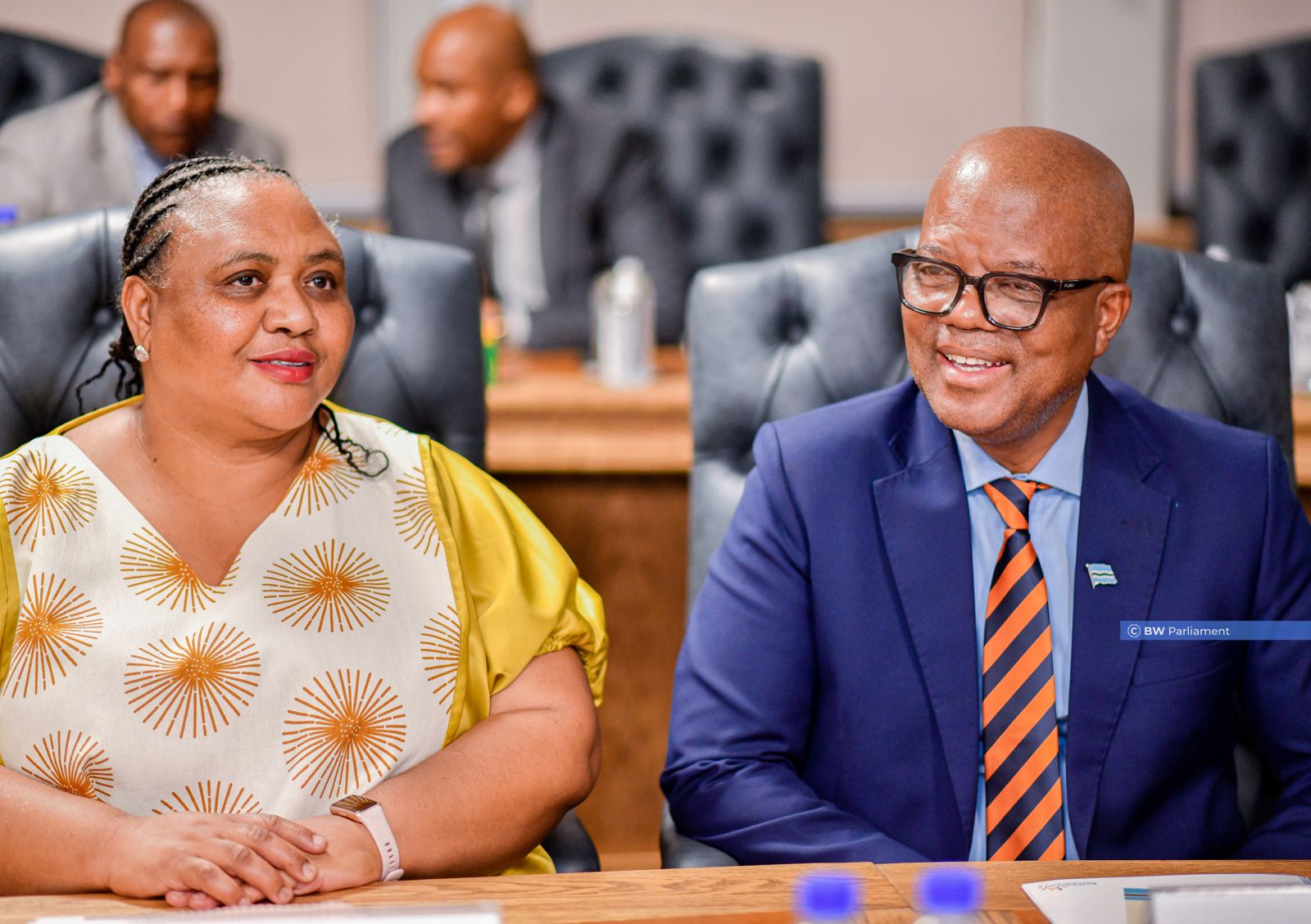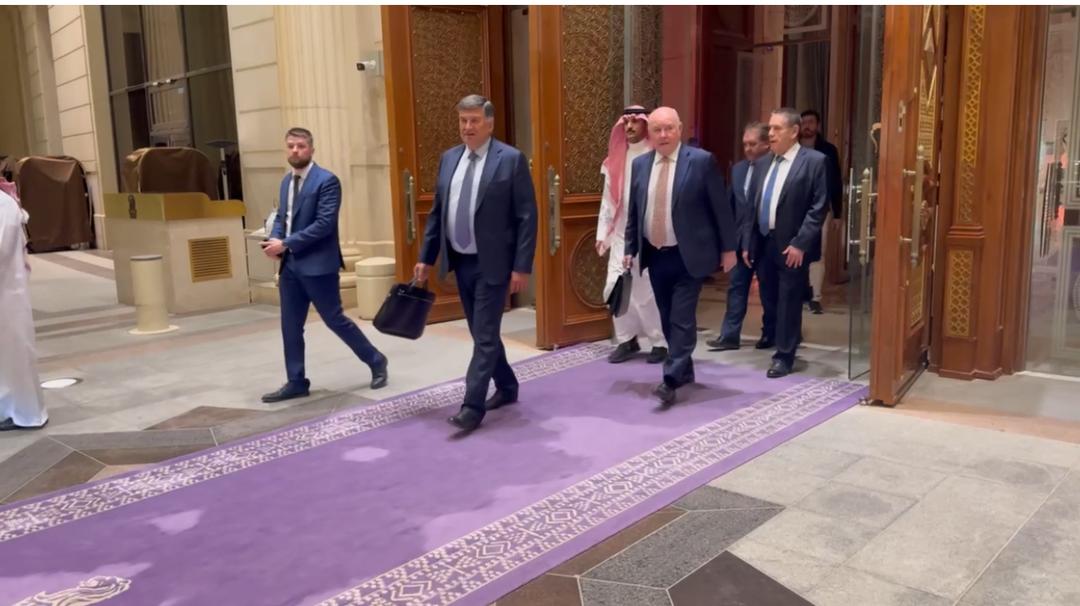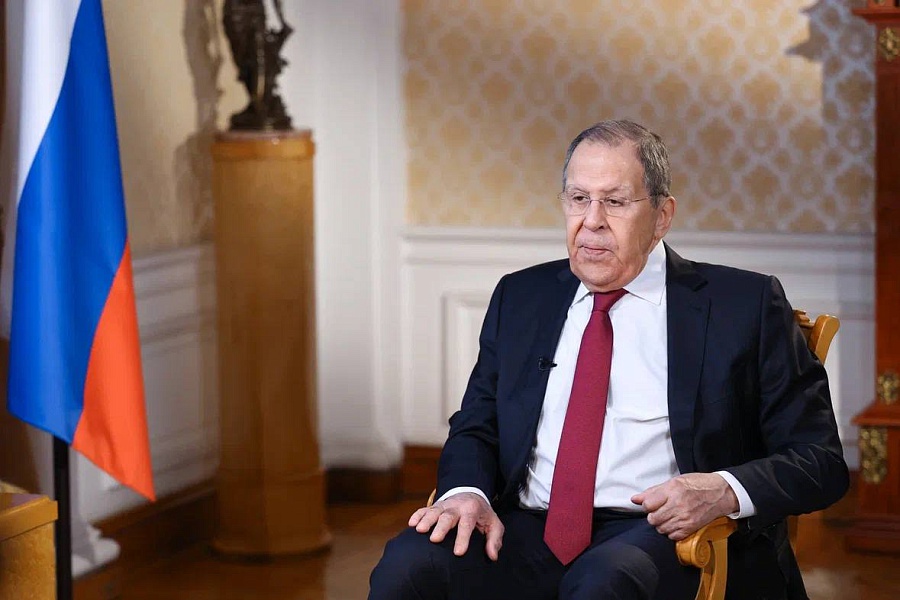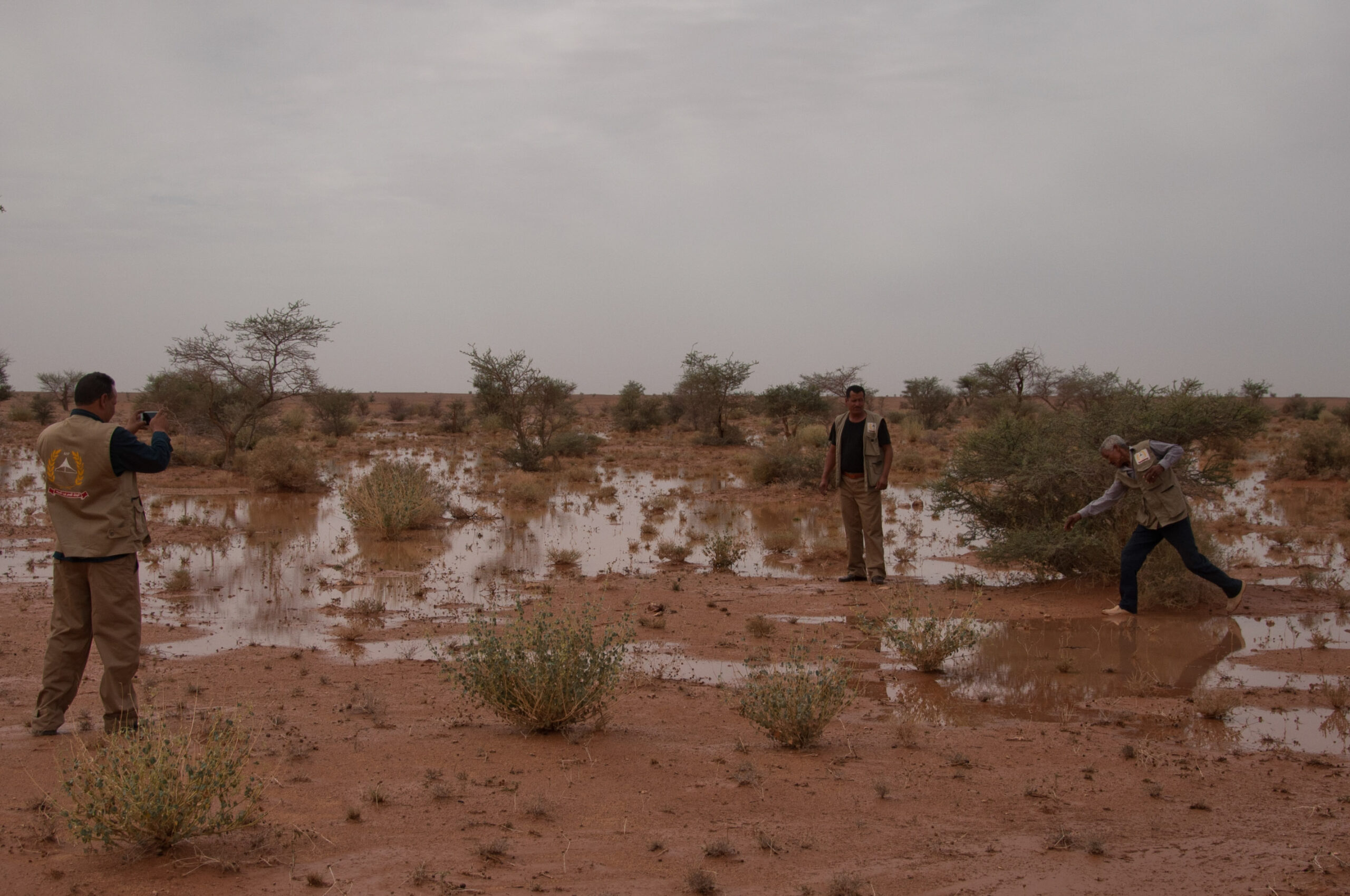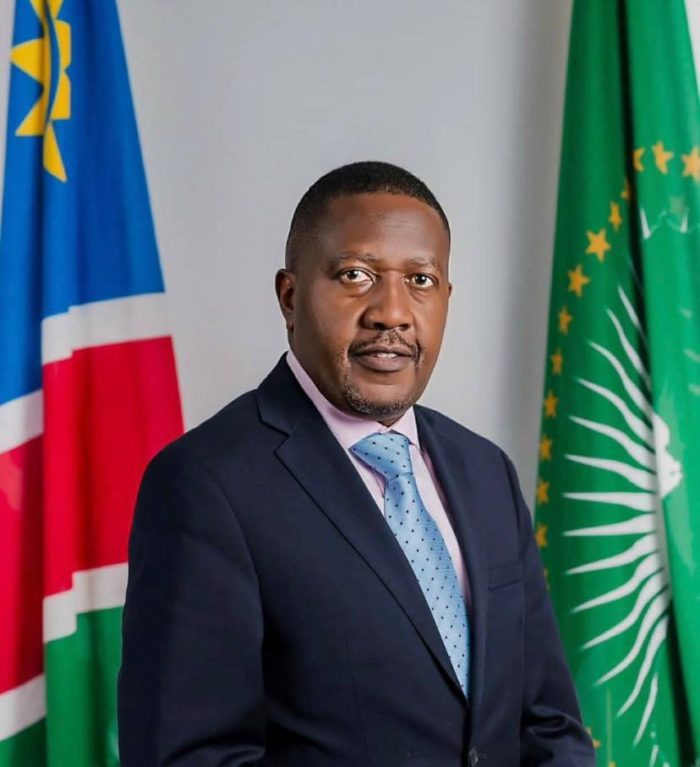The European Space Agency says it wants to recruit someone with a disability as part of its call for new astronauts.
Esa will be accepting applications in March to fill four-to-six vacancies in its astro corps but it wants this draft process to be as inclusive as possible.
The search for a potential flier with additional functional needs will be run in parallel to the main call.

The agency has asked the International Paralympic Committee to advise it on selection.
“To be absolutely clear, we’re not looking to hire a space tourist that happens also to have a disability,” said Dr David Parker, the director of Esa’s robotics and human spaceflight programme.
“To be very explicit, this individual would do a meaningful space mission. So, they would need to do the science; they would need to participate in all the normal operations of the International Space Station (ISS).
“This is not about tokenism,” he told BBC News. “We have to be able to justify to all the people who fund us – which is everybody, including people who happen to be disabled – that what we’re doing is somehow meaningful to everybody.”
Individuals with a lower limb deficiency or who have restricted growth – circumstances that have always been a bar in the past – are encouraged to apply.
At this stage, the selected individual would be part of a feasibility project to understand the requirements, such as on safety and technical support. But the clear intention is to make “para-astronauts” a reality at some point in the future, even if this takes some time.
image captionSamantha Cristoforetti is currently Esa’s sole woman astronaut
Esa is on a big diversity drive. On matters of gender, for example, it has lagged seriously behind.
Only one of its current crop of astronauts is female (Samantha Cristoforetti); likewise only one of its senior directors is a woman (Elodie Viau in telecoms). And in those leading positions on robotic space missions – the project scientist and project manager – the vast majority are still men.
Just 16% of applicants to the last Esa astronaut call in 2008 were female. The agency wants to see that increase dramatically this time around. Applications are being accepted from 31 March to 28 May.
To qualify, candidates must have a master’s degree (or higher) in Natural Sciences, Medicine, Engineering, Mathematics or Computer Sciences, or be qualified as an experimental test pilot.
“They need to be fluent in English with a good knowledge of a second language. It doesn’t matter what that second language is, but it must be a second language,” said Lucy van der Tas, Esa’s head of talent acquisition.
The ability to speak Russian – the other language used on the space station – will be part of the training programme.
Matthias Maurer
A further 20 candidates will additionally go into a reserve.
They will be contracted to make themselves available for call-up, either because of retirements among the existing astronauts or because individual Esa member states want to run a national mission to the ISS.
This is now possible because the American aerospace companies SpaceX and Boeing will be selling seats in their new crew capsules on a commercial basis.
If the member state purchased this opportunity, Esa would train up their national candidate in the reserve pool.
The successful candidate that has a disability will also go into a reserve. Esa will then work with its partners on the ISS to find the best way to fly a para-astronaut.
“We did not evolve to go to space so when it comes to space travel, we are all disabled,” said Samantha Cristoforetti. “What brings us from being disabled to go to space to being able to go to space is just technology. This is a feasibility study and we’re going to look into what exactly is needed, how much it will cost – but that’s the goal.”
image captionTim Peake: The Briton joined Esa’s astronaut corps in 2009
The last astronaut selection process saw Frenchman Thomas Pesquet; Italians Samantha Cristoforetti and Luca Parmitano; Germany’s Alexander Gerst; Denmark’s Andreas Mogensen; and the UK’s Tim Peake join the corps in 2009. Germany’s Mathias Maurer – an “also suitable” – joined up in 2015.
Tim Peake’s selection raised some eyebrows at the time because the UK back then did not help fund Esa’s human spaceflight programme. But the agency stresses that applications are accepted from all its member states, irrespective of national funding decisions.
Of the new call, Tim Peake told BBC News: “We’re involved in the Artemis programme, which will send humans back to the surface of the Moon, and that’s a gateway to Mars. So this [draft] could be recruiting the first Europeans who will set foot on Mars.”
